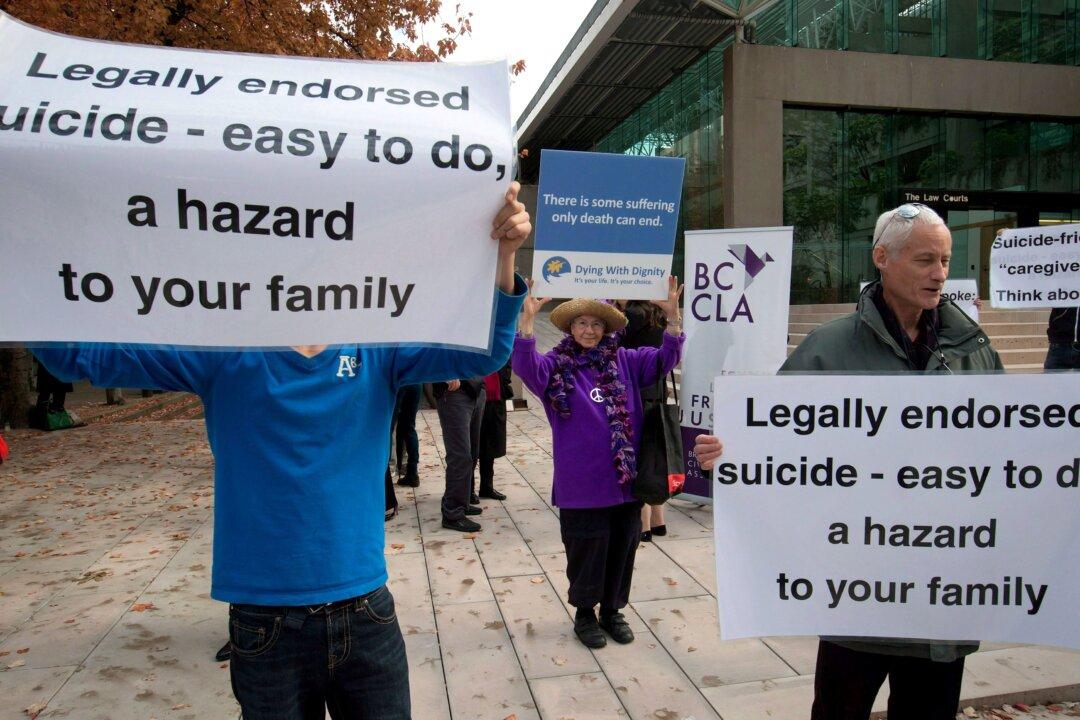Ottawa is for the second time postponing a planned expansion of the medical assistance in dying (MAID) regime, which had been due to take effect March 17. Health Minister Mark Holland said the government is pausing the MAID expansion that would include Canadians whose only medical condition is mental illness.
“It’s clear from the conversations we’ve had that the system is not ready,” Mr. Holland said Jan. 29 outside the House of Commons in response to a reporter’s question on MAID.





